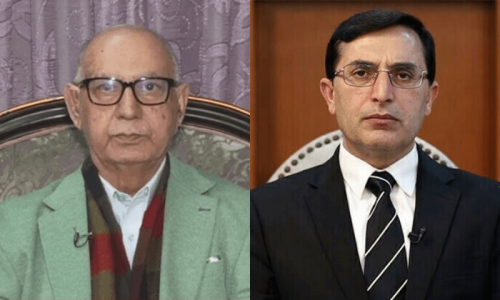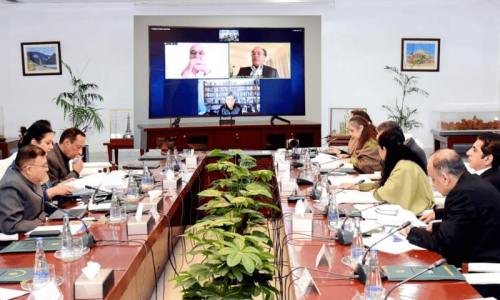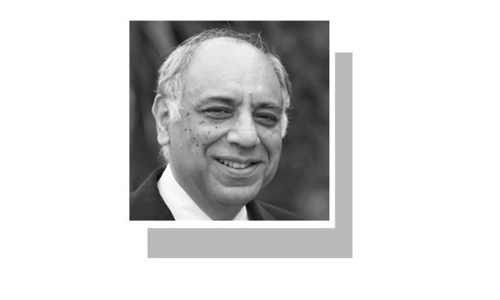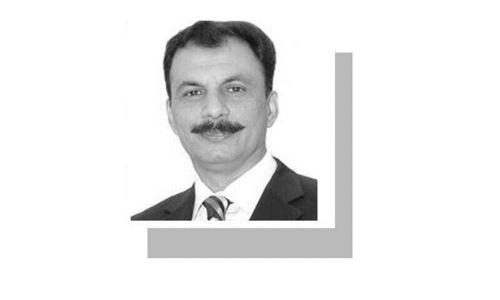ISLAMABAD: Pakistan contributes less than one per cent to global carbon dioxide (CO2)emissions, yet it has suffered enormous human and economic losses due to climate-related disasters. Rapid population growth aggravated the pre-existing vulnerabilities of poor people, especially children and women.
This was stated by retired ambassador Shafqat Kakakhel, Chairperson Board of Governors Sustainable Development Policy Institute (SDPI), in his address at a dialogue arranged by the Population Council on “Climate and population at COP27” at the 23rd annual conference of the Population Association of Pakistan (PAP).
He said population was not included in the agenda of COP27, yet the floods in Pakistan provided a compelling background in terms of minimising the devastation of climate change by reducing the population to sustainable levels.
He said that world population reached the mark of eight billion on November 15 and 2022 was also the sixth hottest year of the planet earth. Concentration of carbon dioxide in the atmosphere has now reached levels 50pc higher than the start of industrial revolution.
In her welcome remarks, Dr Zeba Sathar, Country Director Population Council, said: “Pakistan floods 2022 manifested the intensity of devastation caused by the climate change. Overlooking of population growth at COP27 is unwarranted as both are intrinsically intertwined. We need to make sure that resources provided through climate justice should go to most affected people for restoration of their livelihood and ensuring of food security”.
She also said climate change impacts lead to migration, increase in population density and maternal and child mortality which could be mitigated by curbing the rapid population growth through comprehensive family planning programmes.
Senator Mushahid Hussain Sayed said: “Population management has been included in the political discourse through a unanimous resolution on the alarming rate of population growth passed by the Senate of Pakistan on January 20, 2020. This landmark resolution is a testimony of the seriousness of political support for population issues and followed by the establishment of a parliamentary forum on population to ensure cross-party political commitment and to advocate for population legislation in the parliament”.
Meanwhile, Ministry of National Health Services in collaboration with WHO commemorated the universal health day with the aim to raise awareness on the need for strong, equitable and resilient health systems and universal health coverage (UHC).
Minister of State Dr Mahesh Kumar Malani and WHO representative Dr Palitha Mahipala were chief guests at the ceremony. The event was attended by representatives from federal and provincial health departments, UN agencies, health development partners and other stakeholders.
In a statement, health minister Abdul Qadir Patel said the government was fully committed to the sustainable development goals and ensuring health and well-being of the people. Achieving universal health coverage is a foundational driver of inclusive and sustainable economic growth. Maintaining progress towards UHC is challenging and is first and foremost a political choice. Effective primary health care (PHC)-oriented systems are the bedrock of equitable and resilient health systems that deliver high-quality, health care to everyone.”
He added that strong political commitment from national and provincial/dederating area governments and partner organisations was an essential ingredient for overcoming barriers.
The WHO representative said this year UHC day theme “Build the world we want: a healthy future for all” emphasised that to build strong health systems we need equity, trust, healthy environments, investments and accountability.
Published in Dawn, December 23rd, 2022
















































